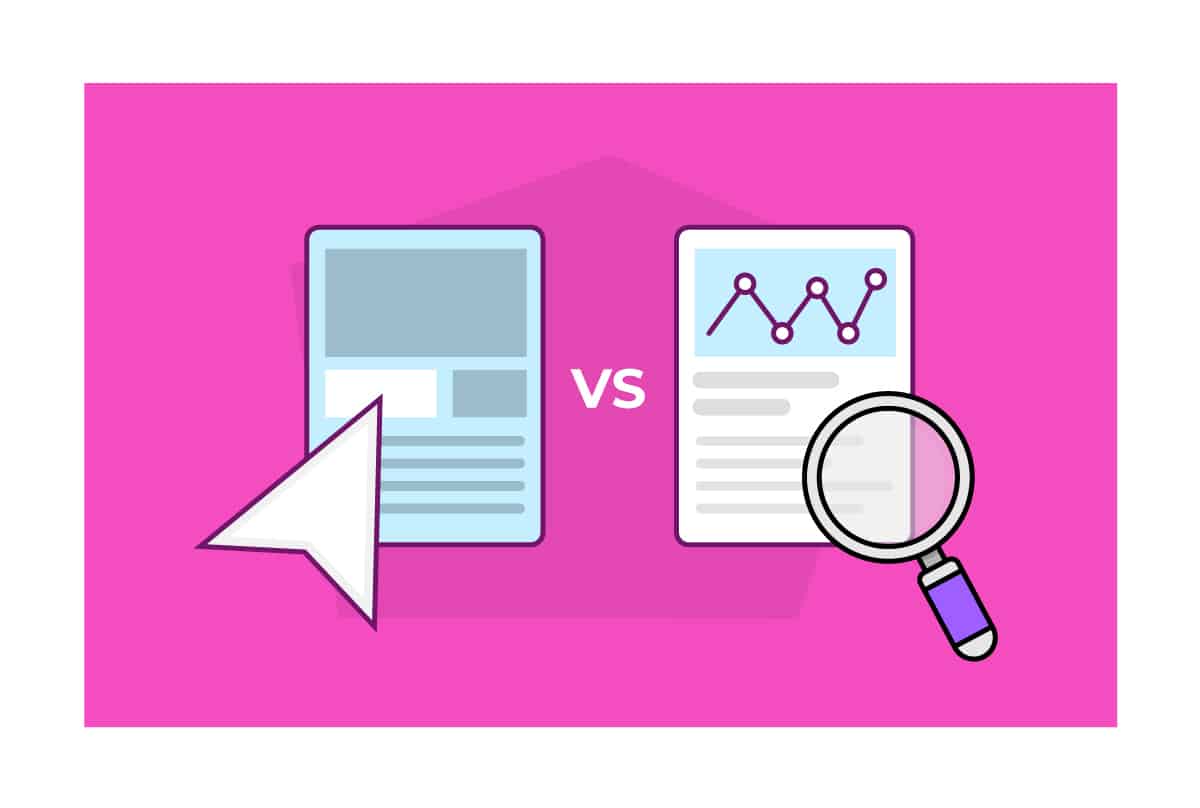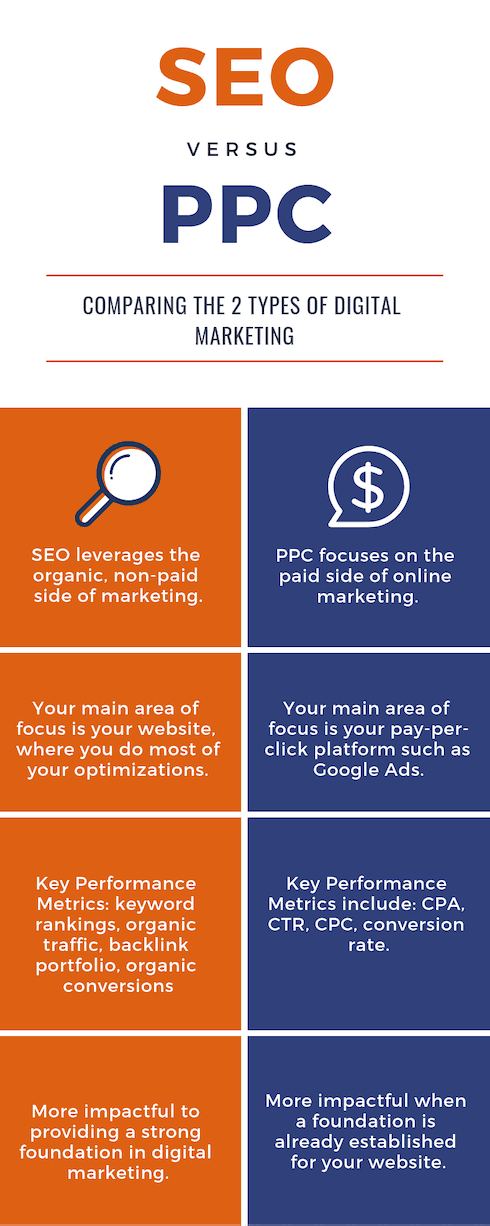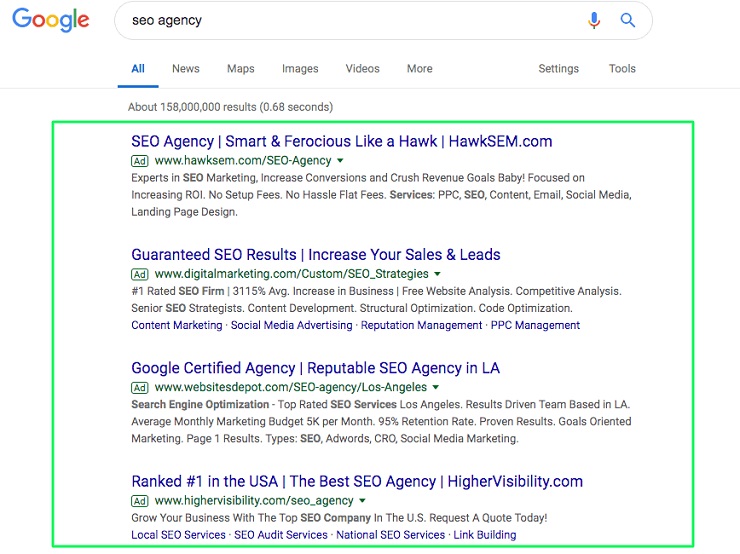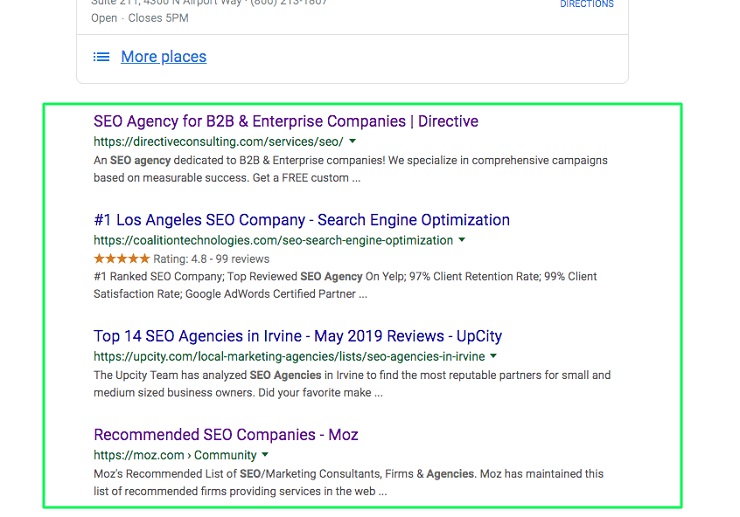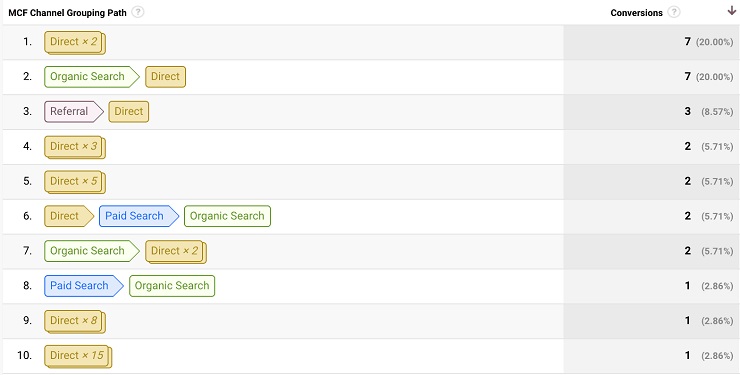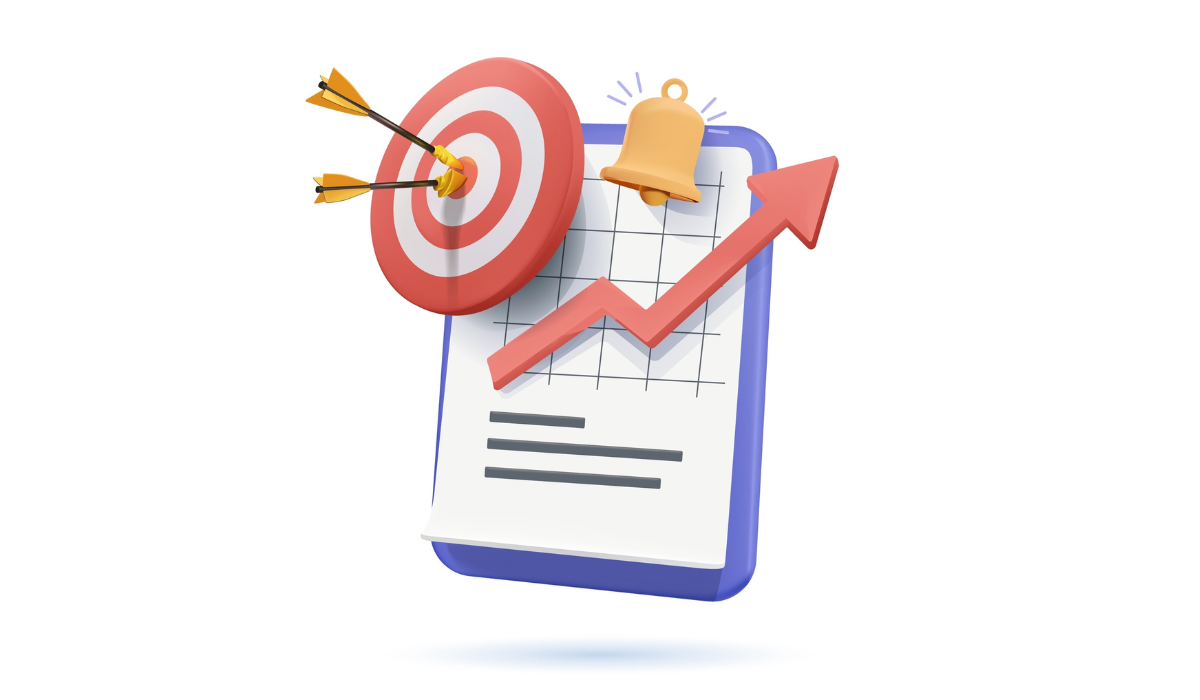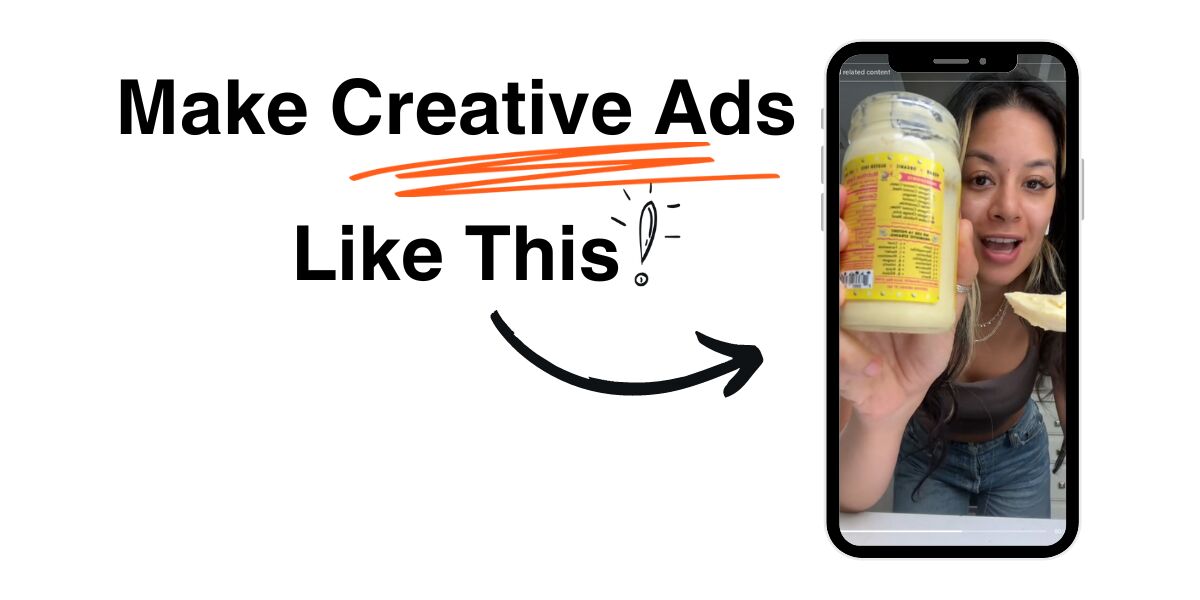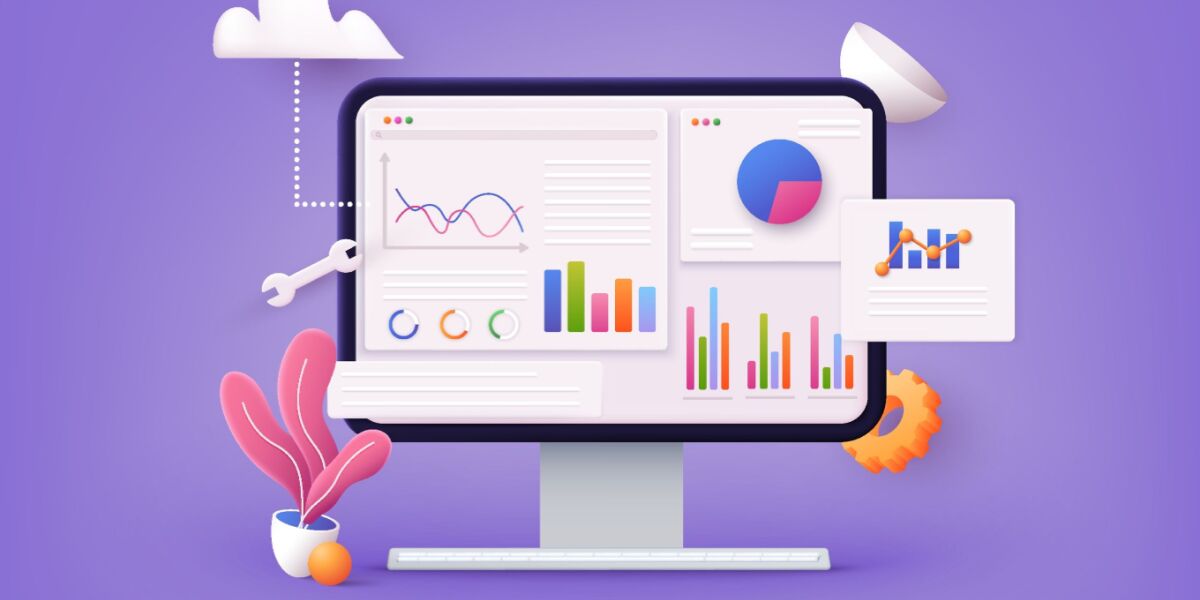By now, it’s pretty much universal—you have a question, need a solution, or want to buy something, the first stop is firing up the search engine.
That’s why so many business owners and marketers have jumped into the world of search marketing, seeking out new ways to grab an audience’s attention through Google. And yet, with algorithms always shifting under our feet and competition ballooning, it can feel impossible to know if you’re using the right strategy.
Enter the SEO vs. PPC comparison.
SEO (search engine optimization) is a digital marketing strategy where you influence organic search results to generate more traffic and conversions for your online business.
PPC (pay-per-click advertising) focuses on the paid side of digital marketing. Advertisers pay a fee when one of their ads is clicked on.
Both can be effective, and both cost money. But when deciding between SEO and PPC, there are various elements to consider. Below, I have compiled a list of the key questions to ask yourself when determining which approach will increase your business’s ROI in the most effective manner.
EXCLUSIVE FREE TRAINING: Successful Founders Teach You How to Start and Grow an Online Business
What Is Your Digital Marketing Budget?
The first and most important question to ask yourself is, “What is your budget situation?” Will it change over the long term?
Both SEO and PPC cost money. It’s as simple as that. It’s a common misconception that SEO comes for free. However, SEO is more long term and has indirect costs, while PPC is more constant and has a direct cost.
PPC requires an ongoing monthly budget to sustain results. Each keyword has a different CPC (cost-per-click) and CPA (cost-per-acquisition). These will determine how much money you will spend each month.
These costs depend on factors unique to your business, including your CTR (click-through-rate), quality score, and overall relevance of your ad to a specific keyword, compared to competitors.
You can always adjust your budget based on which keywords perform the best, in order to limit wasted spend. But remember, this process takes time, ongoing testing, and constant data-driven analysis to determine which keywords are your stars.
With PPC, you spend a specific amount for each click on your ad and you need an influx of spending to keep your rank on the search engine results page (sometimes called a SERP). Costs vary based on industry and performance of your campaigns. However, the average CPA across all industries is $48.96 on the search network and $75.51 on the display network.
With SEO, on the other hand, the cost is determined by factors such as the pricing of your content management platform, or writer fees you pay to create content (typically blog posts) that will show up in search results. If you are working with a smaller budget to start, the right path for you is SEO.
Why? Your dollar will go a long way in building up your brand in Google and can be sustained once your budget is spent. When generating a higher organic placement in search results, the spend lasts longer and is more sustainable once you get your pages and keywords ranking on the first page.
Below, you can see the paid and organic placement on the first page of the results for the keyword “SEO agency.”
Paid
Organic
While these results come up below the PPC results, they often seem more trustworthy because there is no “ad” label attached to them.
One study concluded that the average digital marketer spends about 1/8 the amount of spend on SEO versus PPC.
A big reason that’s the case is that, with PPC and Google Ads, once you stop spending money, you stop incoming traffic. Organic results achieved with SEO do not stop if you’ve built up a strong framework with elements such as content strategy, link building, and more. Although maintenance and upkeep are suggested, you will only lose a small amount of traffic by slowing down your SEO spend.
If money isn’t an issue and you have an optimized website built out, focus your efforts on the PPC side. You can prioritize targeting and go after specific audiences you can’t target in organic results alone. In the Google Ads platform, you are able to target potential customers based on their job titles, demographics, and even certain devices they use, to name a few.
Do You Drive Traffic to Your Site Already?
It is essential to lay out a strong, organic foundation before jumping into paid efforts. Let’s say it again for the people in the back. Build a strong organic foundation first when just starting out!
Generate healthy and organic traffic to your website by publishing relevant content and by optimizing your CRO (conversion rate optimization) design elements to generate a strong conversion rate (typically over 1% to start).
To check whether or not your organic foundation is working, you can use tools such as SEMrush to discover which keywords and positions your page is ranking for. If you are ranking high for relevant keywords and driving traffic on those pages, that is the first sign that you have a strong organic foundation.
The second sign is if your website and its pages are generating conversions. These conversions can come through visitors filling out forms, downloads, purchases, and more, and shows that people are interacting with your current efforts. It’s essential to be able to track and measure search marketing success.
The third, and final sign is having qualified leads come through the door. Be sure to sit down with your sales team and analyze if your leads are the right ones for your company. If the wrong audience is the only audience interested in your website, there’s an issue here!
If you can check off all of these items on your organic checklist, then you can conclude that you are ready to jump into the exciting world that is PPC!
If you are ready to take on PPC, keep the following in mind.
Optimizing your website for conversions is key, not just your ad landing page. If you have relevant ads and a longer conversion funnel (meaning it takes your audience a longer time to convert in the way you’d like them to), after visiting your ad landing page, users searching your brand will often go back to your website to learn more.
This data shows within your Google Analytics account as you navigate to your multi-channel funnels section, which shows the different interactions your users take with your website digitally. This is shown in the image below.
EXCLUSIVE FREE TRAINING: Successful Founders Teach You How to Start and Grow an Online Business
Let’s say a user clicks on a paid ad on the search engine results page and gets busy or distracted. Later, they decide to search your brand with Google. You want to ensure your website is optimized for conversions at this point! You spent money on your ads and it got your prospect one step closer to buying. But, if your website isn’t optimized for conversions, you will be wasting money on your PPC campaigns.
If this person lands on a low-quality website with no social proof and poor messaging, chances are, the trust built within your PPC strategies will be lost.
So, avoid throwing money at ads when your website has room for a quality revamp. Focus on building an impressive website design with relevant keyword targeting and design optimization.
This is key before you put any money down on paid ads.
How Competitive Is Your Market?
Once you have a solid SEO foundation and are performing well monthly, use PPC to drive conversions and amp up performance. Unlike SEO, PPC gives you more freedom when it comes to strategy and targeting specific audiences at the bottom of the funnel.
This allows you to get granular with your results!
Also, PPC gives you the opportunity to place your company on the first page of search results if you find the organic competition is too high using just SEO. So, if you are having trouble ranking on the top page organically, then PPC is the choice for you.
Why?
Google allows you to outrank competitors by increasing your bids higher than those going after the same keywords. While there are many factors that go into the bidding process (including expected click-through rate, ad relevance, and landing page experience), ensure your targeting is spot on.
Increase your bids above your competition and you will land on the top of the search results page.
For example, if your website has a domain authority (DA) of 45 and is competing with brands with DAs over 80 and have thousands of backlinks, PPC allows you to still show up on the first page of the search results page within the ad section.
With SEO, it could take months, even years, to generate enough authority to land on the first page. PPC gets you there right away and in front of your target audience.
Another competitive PPC strategy is a “competitor poaching” campaign. With this, you can bid on your competitors’ branded keywords to strategically place your ads in search results in an effort to steal their audience.
Although this typically takes a big chunk of your budget, it allows you to appear high in the results instantly, which would likely not be possible organically.
Are Your Goals Time Sensitive?
If your team is looking for a quick way to increase your brand awareness, PPC is the correct choice. Build campaigns promoting specific conferences, webinars, or limited time offers and get them out right away.
For example, if you are hosting a booth at a digital marketing conference next month, create both text and image ads promoting your booth and company for those attending the conference.
If you tried to promote this same form of offering organically, you couldn’t target based on location. Also, it would take much longer to generate as big of a reach in audience size.
That is where PPC comes in to save the day.
Bringing SEO and PPC Together: The Best of Both Worlds
One effective strategy I often use with clients is what we call “share of SERP” at Directive. This is where you strategize to show up as many times on the search results page as possible, using SEO and PPC.
This includes showing an ad within the paid results. You’ll also want to rank organically for your content, your homepage, and solutions pages. Additionally, you’ll want to show up within paid third-party directories listed in the organic results.
The key? All of these pages should rank for the same keyword.
This allows you to increase your chances to drive traffic and conversions by showing up in every avenue possible on the first page of the SERP.
Remember, the share of SERP strategy is only possible by using both SEO and PPC digital marketing strategies—together! Overall, SEO and PPC work best as a team.
Conclusion
Overall, when doing an SEO vs. PPC comparison, both services have their advantages. Most businesses will need to use both strategies to complement each other for the best results.
Start out with SEO tactics, such as link building, on-page keyword targeting, and content creation, to generate traffic and target your ideal audience. If you are a new brand with a specific niche, start with SEO as your main digital marketing strategy.
This way, you build organic awareness and knowledge of your product/service throughout the SERP. Then, you are able to use PPC to quickly get your name in front of the right crowd.
A common mistake digital marketers make?
They bypass optimizing their website and organic rankings due to how “long” it takes. This is not good, because it’s been proven that organic results can lead to 8.5x the conversions versus PPC.
So even though the process is time-consuming, SEO has the potential to pay dividends in the future.
On the flipside, with PPC, quick testing and fast results lead to valuable insights and laser-focused optimization. This allows you to test more, gain insights more quickly, and optimize your pages faster than you would if you were to do so organically.
The caveat for this fast-paced way of thinking is that you need to constantly think creatively and strategically. Having a PPC specialist on your team who understands user experience, quality writing, and impressive design may pay off in the end when looking to create ads that bring the right eyes in.
Do you prioritize one approach over the other in a different way than is discussed here? Be sure to leave comments below on how you value either one (or both together)! Are you #TeamSEO or #TeamPPC?
EXCLUSIVE FREE TRAINING: Successful Founders Teach You How to Start and Grow an Online Business
